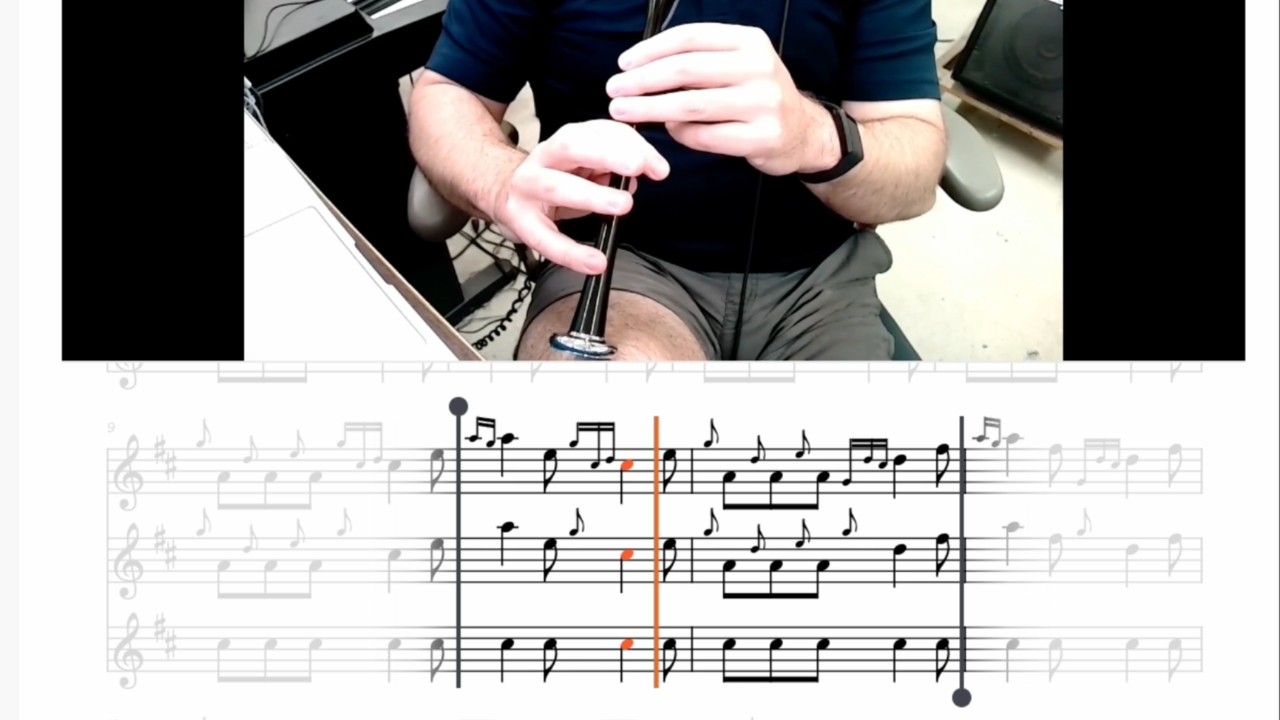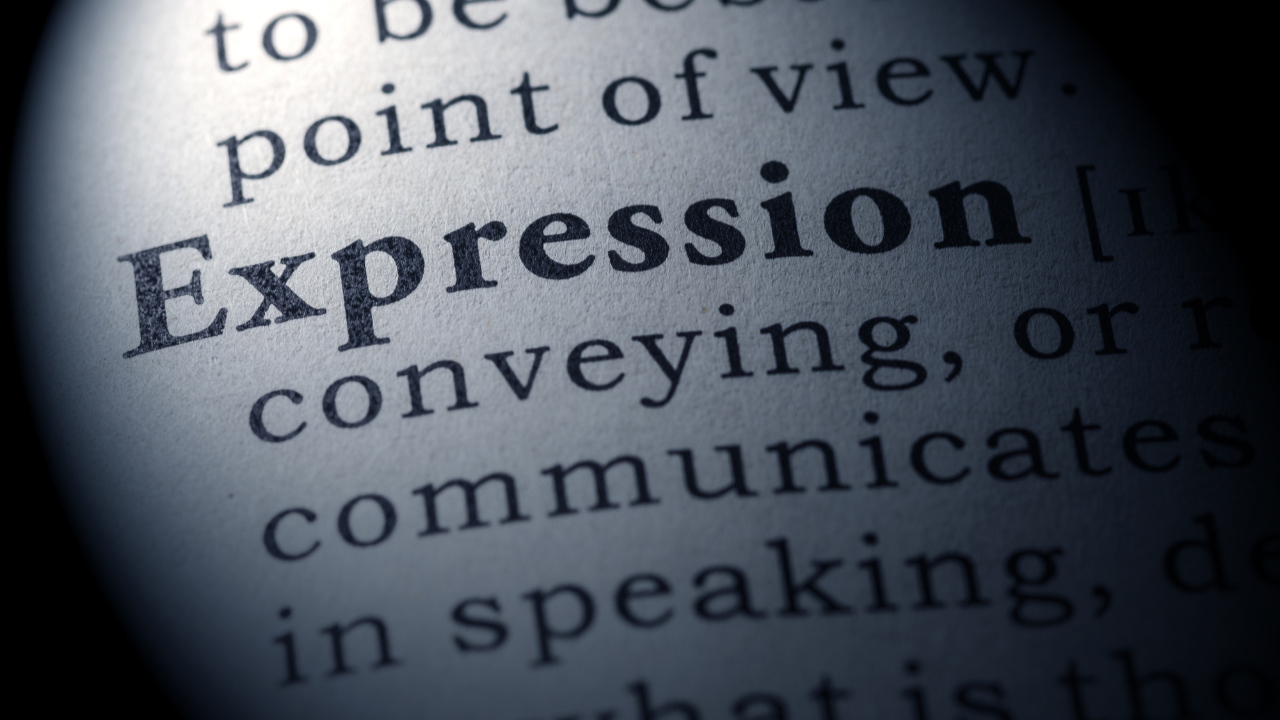What Do Ensemble Judges Listen For?
Dec 02, 2024
Have you ever wondered what ensemble judges listen for at a pipe band competition?
If you're not familiar with the pipe band competition system, competitions usually have judges for piping, drumming, and ensemble. And while the first two may be self-explanatory – judging just the piping, or just the drumming – ensemble judges are listening for the harmony and interaction between the various musical elements of both corps.
Let's break down what goes into judging ensemble at a pipe band competition.
An ensemble isn't just a fancy term for a group of musicians playing together. It's about how both corps come together for a performance to create music that is greater than the sum of its parts. In well written scores, each player contributes to the overall sound, and the pipe and drum scores are written so that the two parts complement each other, without one overshadowing the other.
While many competitors might think that judges are, well, judging – that is, looking for any small issue to critique you on – judging an ensemble isn't about nitpicking minor details. It's about zooming out and seeing the big picture.
So what should an ensemble judge focus on?
First, there's whether the pipers and drummers are playing in sync – do the beats and notes line up? This tightness reflects their cohesiveness. But even if they're together technically, how's their style? Does the band cohesively communicate the essence of different musical idioms, like a strathspey or reel, in a way that feels authentic?
Sound also matters. Does the ensemble deliver a full, resonant auditory experience? It's not just about individual instrument tuning or 'blowing tone', but about the way all of those elements work together.
Composition is another layer. When you're choosing tunes and how to set them, it's important to make thoughtful musical choices that reflect skill and understanding. Whether you write simple scores or experiment with complex harmonies and embellishments, the judge is listening for the intention behind each choice. Does it serve the performance and enhance the narrative? Good composition adds depth, structure, and intrigue – it’s not just about technical prowess (especially if that detracts from the performance's overall impact), but telling a story with your music, too. Less can sometimes be more; for example, a simple, well-timed rest can have as much impact as a flurry of notes.
Ensemble judges often debate the merits of trying new things versus sticking with tradition. Should bands take risks, with choices like pitch, tune selection or their settings of the tunes? Absolutely, but with caution. Trying new things can push boundaries, but there's a fine line between innovation and alienation. Before making drastic changes, reflect on the 'why' – does it contribute positively to your performance, or is it change for its own sake?
Next time you listen to an ensemble, why not put yourself in the shoes of an ensemble judge and apply these criteria to your own experience of that performance?
Check out this episode of our Dojo Conversations podcast, where we welcome Dojo's lead drumming instructor (and prolific pipe band drumming and ensemble judge) Ed Best to chat about all the ins and outs of what ensemble judges look for, and how to improve your band's ensemble performances.
Stay connected - subscribe to our free Weekly Digest!
Get bagpipe knowledge delivered to you every Monday! Tips and tricks, podcasts, special offers, and more.
We hate SPAM. We will never sell your information, for any reason.




